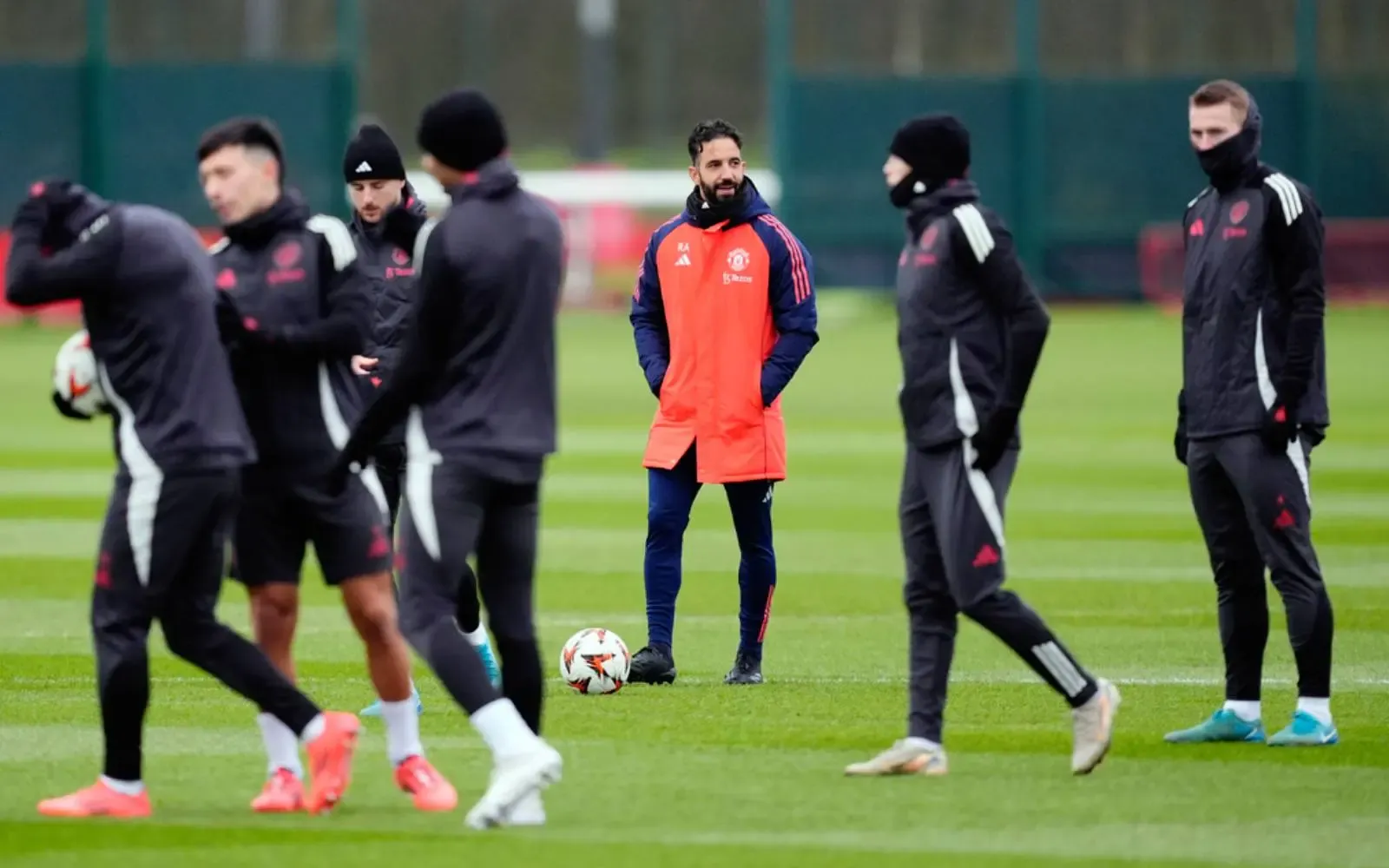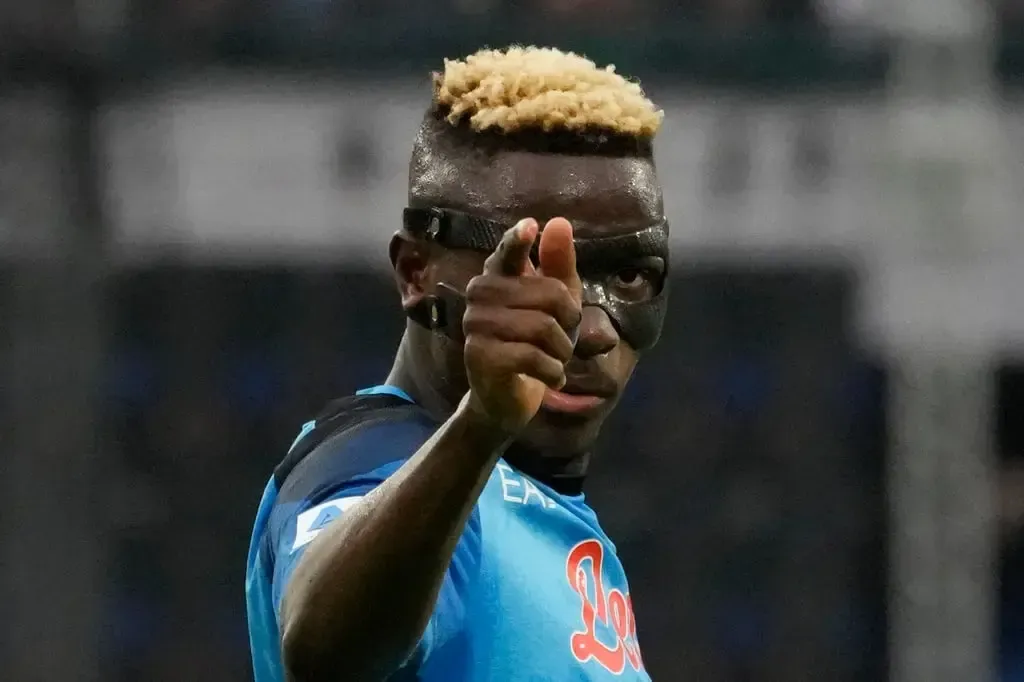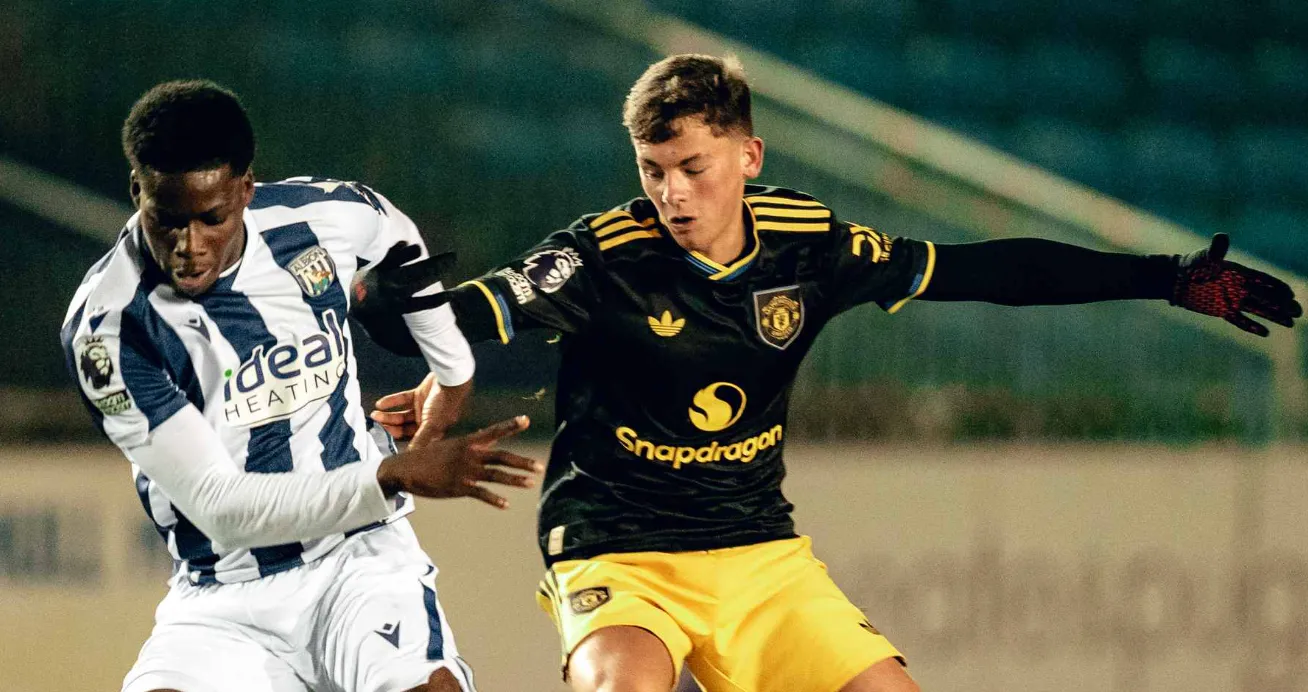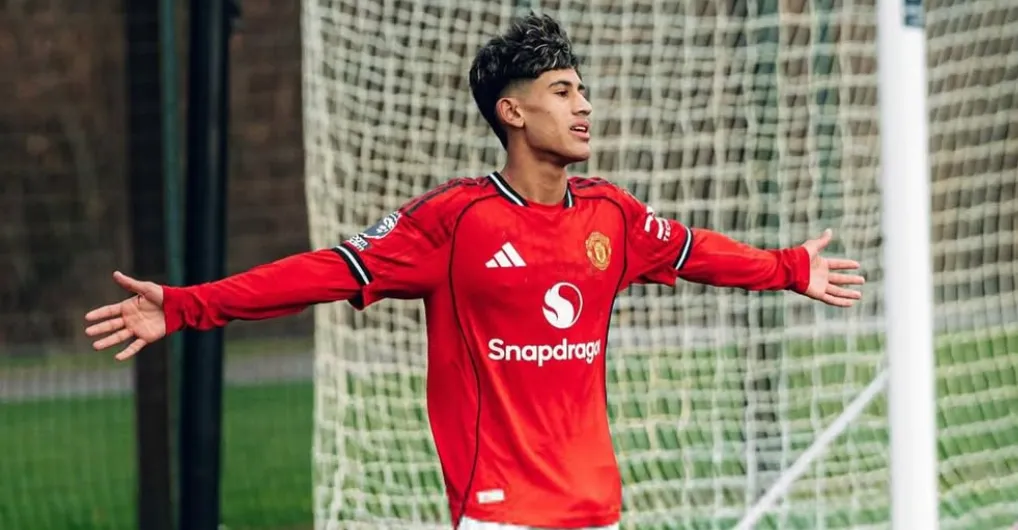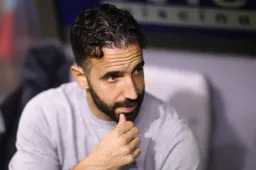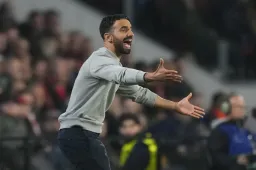Man Utd's 'culture of fear' under Ratcliffe with club ethos dying
NewsTuesday, 25 February 2025 at 13:10
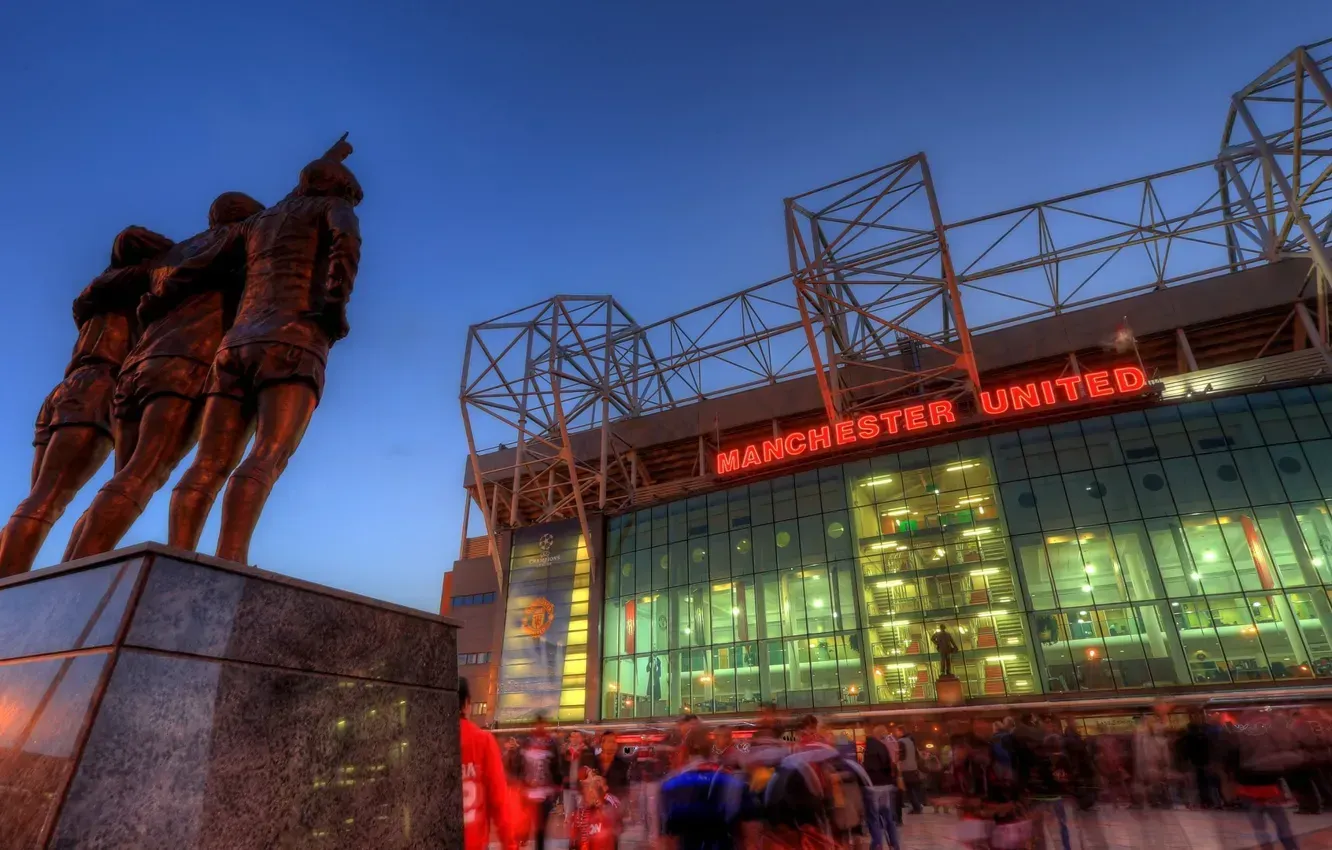
Sir Jim Ratcliffe’s Manchester United is reportedly gripped by a "culture of fear," with employees deeply concerned for their jobs.
It’s a stark contrast to the club’s historic values and a bitter irony given Ratcliffe’s own pledge in February 2024 to create "a positive, supportive, friendly, and high-quality environment."
This fear was further compounded when new CEO Omar Berrada sent an email warning staff about leaking information, at a time when morale was already low due to underwhelming performances under Ruben Amorim.
However, when large-scale job cuts are announced, the fear of losing one’s job shifts to resignation.
That’s why details of United’s increasingly frugal operations—like replacing a proper canteen with fruit—are emerging. While such stories grab attention, the real issue is far graver: hundreds of ordinary employees are losing their livelihoods.
These aren’t the astronomical wages of footballers; they’re salaries that sustain everyday lives. The club that once represented them is now casting them aside. What connection will these laid-off workers and their families have to Manchester United now? That matters.
Read also
A Club That Shouldn’t Have Needed Cuts
Before defending these decisions with business logic, it’s crucial to remember a fundamental truth: Manchester United shouldn’t be in this position.
Two decades ago, the club was a financially stable, self-sustaining giant—debt-free since 1931. If that stability had continued, there would be no need for these cuts.
The fact that United now require such drastic measures is a direct consequence of their ownership model.
The source of this downfall can be traced back to May 2005, when the Glazer family completed their leveraged buyout, loading half a billion pounds of debt onto the club.
United’s success was used against them, their rich culture of youth, adventure, and defiance sacrificed for financial gain.
What has followed is an English football tragedy, as damaging to the sport as the Super League scandal and the collapse of clubs like Bury.
Read also
Football’s Broken Ownership Model
The recent ownership saga exemplifies how football has boxed itself into a financial straitjacket.
After years of financial mismanagement, the Glazers faced a dilemma: to keep extracting money, they needed investment—especially with Old Trafford in dire need of redevelopment.
The options? Either a billionaire capitalist in Jim Ratcliffe—a Brexit-supporting tax exile in Monaco—or a state-backed bid from Qatar’s Sheikh Jassim.
This "choice" is emblematic of modern football, where clubs are caught between two extremes: autocratic states using the game for political influence or corporate investors squeezing every drop of profit. Neither option aligns with what football is supposed to be.
To justify one form of ownership because another is worse misses the point entirely. The sport should never have reached a stage where the only alternatives are sportswashing or stripping clubs clean. Yet, this is where we are in 2025.
Ratcliffe’s Track Record and United’s Future
The current situation at United mirrors Ratcliffe’s past business moves. His 2013 “survival plan” for Grangemouth refinery under INEOS included wage freezes, no bonuses, and pension cuts—decisions that led to job losses and union suppression. Years later, workers did receive raises and bonuses, but only after suffering through years of cost-cutting.
Now, Ratcliffe is making similarly ruthless financial decisions at United. The key question is: how much will INEOS invest in Old Trafford?
The estimated £2 billion required for stadium redevelopment is an infrastructure cost, meaning it wouldn’t count against Profit & Sustainability Rules (PSR). If there is a real commitment to legacy and culture, this is where the money should go.
The Bigger Picture: A Club—and a Sport—Losing Its Soul
Some may argue that these cuts are insignificant compared to the vast sums spent on player wages. But the real danger is not just financial—it’s emotional.
A demoralized workforce creates a toxic atmosphere, which inevitably filters through to the players. Guilt and fear are not the foundations of a winning team. Football is built on inspiration and unity—qualities that are slowly being eroded at Manchester United.
United’s vast commercial strength means they will likely recover, and in a few years, INEOS’s “hard decisions” may even be praised. But no matter what trophies they win, something fundamental will have been lost.
Because football clubs don’t exist to turn a profit. They exist to represent their communities, their histories, and their fans. Any deviation from that is a distortion of the game’s true purpose. And this—no matter how it’s justified—is not what football is for.
loading
Loading
